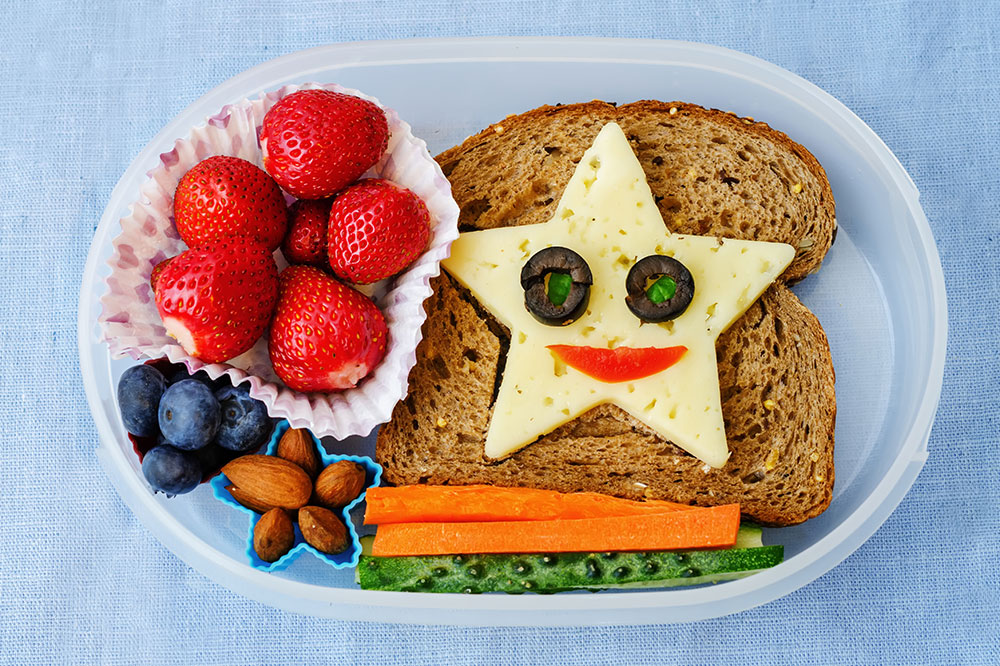Kid-Friendly Healthy Snack Ideas for Optimal Growth
Discover effective strategies for providing children with nutritious snacks that support growth and health. Learn about essential nutrients, portion control, and tips to encourage healthy eating habits, ensuring your child's development is well-supported through balanced snacking routines.

Kid-Friendly Healthy Snack Ideas for Optimal Growth
Choosing Nutritious Snacks for Children
Young children have smaller appetites and need frequent, healthy snacks to support their daily energy needs. Proper snack choices are essential for their overall health and development.
Vital Nutrients for Growing Children
A balanced diet promotes growth and vitality. Key nutrients include:
Proteins: Crucial for tissue growth, energy, and immunity. Found in meat, eggs, dairy, nuts, beans, and fish.
Carbohydrates supply energy and aid tissue repair. Sources include bread, rice, cereals, pasta, and potatoes.
Healthy fats offer concentrated energy and are stored efficiently. Sources include nuts, oils, whole milk, and fatty fish.
Calcium strengthens bones and teeth, found in dairy products, broccoli, spinach, and tofu.
Iron supports blood health, available in meats, beans, grains, and fortified cereals.
Folate is vital for growth and brain development, present in leafy greens, lentils, and sprouts.
Strategies to Minimize Unhealthy Snacking
Offer wholesome options: Keep fruits, nuts, and nutritious snacks accessible.
Avoid stocking junk food: Keep unhealthy snacks out of reach to reduce temptation.
Limit treat incentives: Do not use sweets as rewards to prevent overindulgence.
Encourage moderation: Allow occasional treats during social events without overdoing it.
Set a healthy example: Consume nutritious foods yourself to influence your child's choices.
Caloric Intake for Children's Snacking
Children should have three small, nutritious snacks daily, mindful of added sugars.
Kids aged 1-2 years need about 45 calories per pound daily, spread across meals and snacks.
3-year-olds require approximately 1,000-1,400 calories per day, including snacks.
School-age children typically need between 1,600 and 2,500 calories daily.
Individual needs depend on activity levels and overall health.
Best Times for Kids to Snack
Regular meal and snack times help prevent overeating, even of healthy foods.
Establish consistent schedules and serving sizes to cultivate balanced eating habits.
Reducing Continuous Snacking
Maintain a consistent eating routine.
Offer small, nutrient-dense portions.
Encourage drinking water instead of frequent snacks.
Avoid purchasing unhealthy options to limit access.
Act as a role model by choosing healthy snacks yourself and minimizing processed foods between meals, fostering better eating habits in your child.


